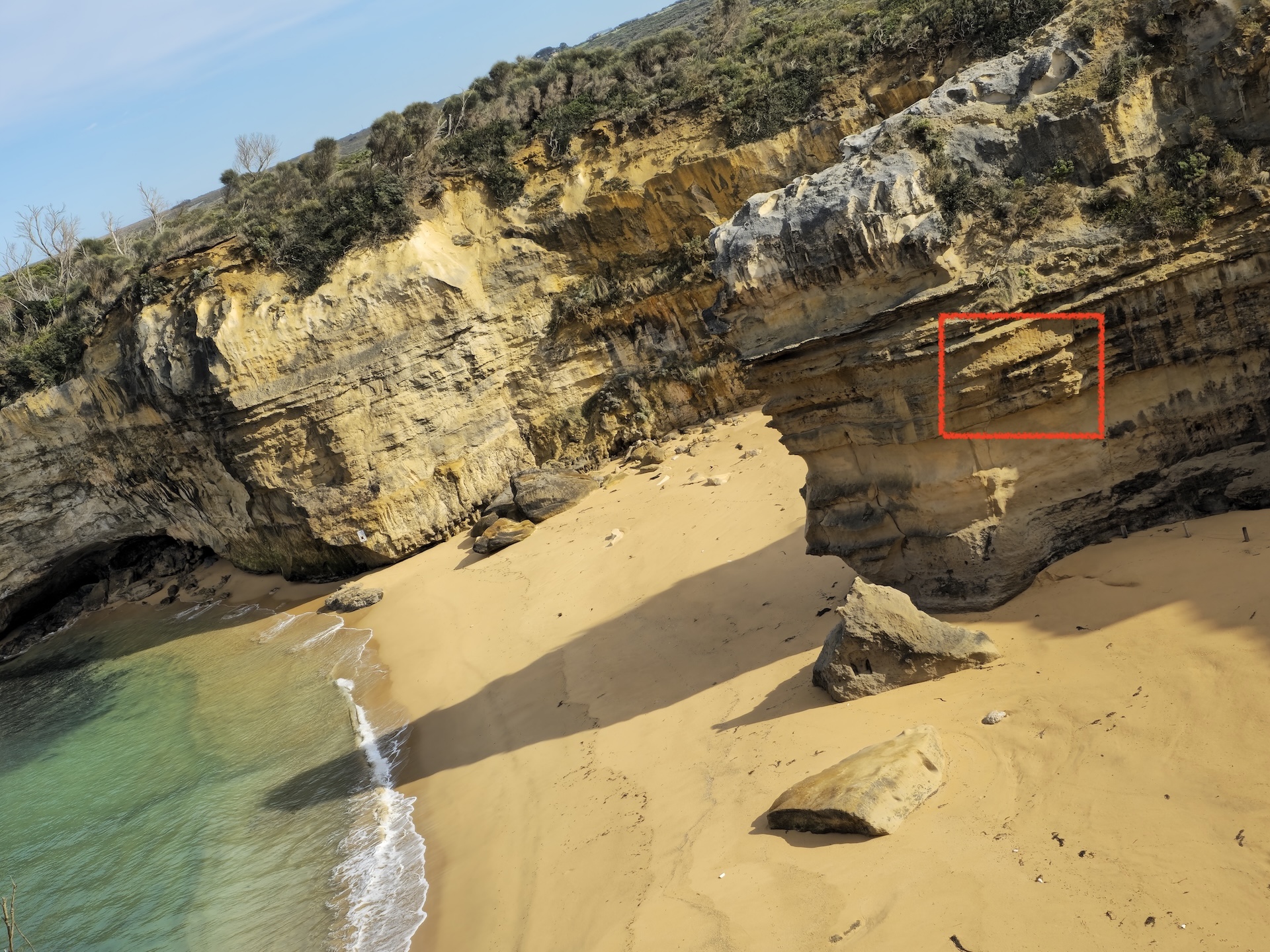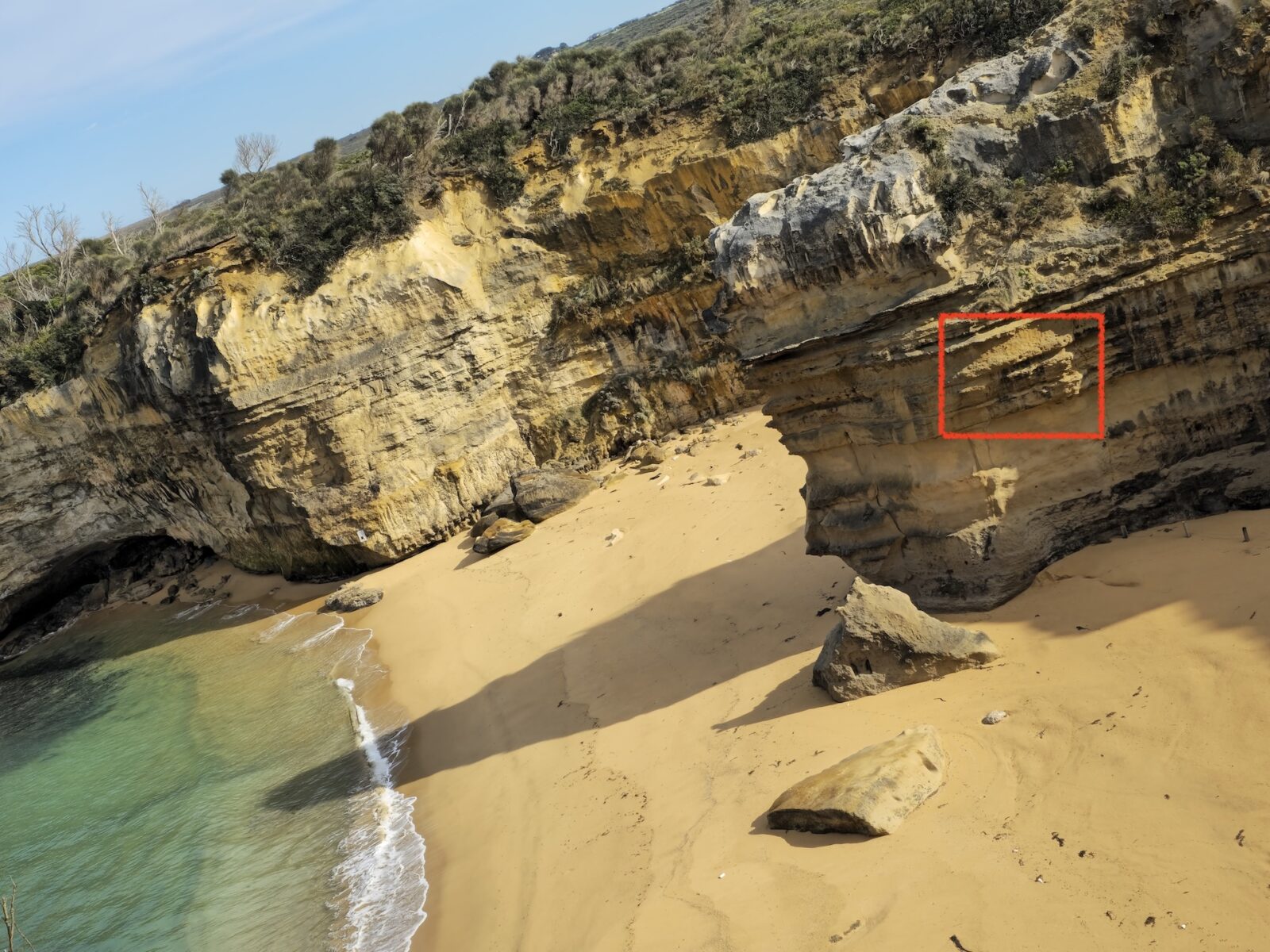Browser wars redux?
I was a little surprised to see that other browser vendors are again accusing Microsoft of unfair advantages in Rival Browsers Allege Microsoft’s Practices on Edge Unfair, Should Be Subject to EU Tech Rules. The article points out Edge’s relatively low market share (around 5%). At such a low market share this doesn’t really seem to have much in the way of parallel to the Microsoft v European Commission fight from earlier. If anything, it would seem that Chrome is still the juggernaut and perhaps more attention is needed in Googley directions here.
Tickling my fancy
Now here’s a delight: Tcl/Tk 9 has been released. While it’s been more than a decade since I’ve used the toolkit, I still have fond memories during the 90s and early 00s putting together basic GUIs on Solaris and Linux using the kit. (In fact, my favourite email client back in the day was written in Tcl/Tk, though for the life of me I can’t even remember what it was called.)
Positive Climate News
There’s a lot to be glum about when it comes to climate change, but reading that the UK has closed down its last coal-fired power station is certainly a bright point. Plenty of news sites covered that story of course, but I’ve elected to link there to a site that I do enjoy following: Positive News. There’s a lot of depressing news out there and I’m a firm believer in not turning away from the news just because it’s stark, but that doesn’t mean there’s no place for a site that concentrates on news about good things that have happened.
Secure backdoors are a fallacy
There has been significant reporting recently about hackers breaching US telecommunications giants, using the backdoor channels established for US Law Enforcement processes. This essentially falls into the same domain we see where various governments insist they should have secure access to ‘master’ decryption keys for end-to-end encryption provides. Supposedly such access will be secure and safe. The reality is quite different.
The ability to grant securable backdoor channels is a fairy tale that gets kicked around in politics regularly without any grounding in reality, and since the topic has come up again, I’ll give a quick overview of how I explain to lay-people why this is nothing but smoke and mirrors.
Step away from IT. Let’s imagine your government says this: “Due to increasing crime, particularly at the domestic level, we’re now going to mandate that everyone keeps a key to their house back door in a secure location on their property, so that the key can be used by law enforcement. But don’t worry, we’ll make it illegal for anyone else to use that key.”
This doesn’t work at a physical level. It’s the same concept at an electronic level.
HDD vs SSD
I hadn’t heard this before, but Western Digital seems to be splitting their business between conventional hard drives and flash-based storage, with the flash-based business being placed under their previously acquired SanDisk brand. I’m still torn on whether I think there’s a future in conventional hard-drives, and I suspect it will come down solely to manufacturing costs – if materials can get plentiful and cheap enough for SSDs/etc. to completely replace HDDs, it seems a foregone conclusion. (And if I could cheaply replace the 8 x 8TB drives in my office RAID system I would, since from time to time the scratching noise of HDD RAID gets distracting while I’m trying to work.)
The 200 megapixel SmartPhone conundrum
Last weekend my husband and I took my mother down to see the Twelve Apostles. She gets car-sick so going via the long and winding ~6 hour Great Ocean Road had never been an option when we lived in Melbourne, but with our move to Ballarat, the Twelve Apostles are just a two and a half hour drive away on much straighter roads.
Normally when I’m on holiday, my work phone (currently a Samsung Galaxy S23 Ultra) stays on my desk, to the point of losing power. (Trust me, it’s liberating having a separate phone for work.) But, knowing we were going to do the trip, I charged up my phone because I was curious to see how its 200 megapixel mode would go against such world-class scenery.
One of the ongoing arguments in SmartPhone cameras is that the megapixel rating isn’t really as important as the sensor size – and I’m kind of convinced of that when I look closely at the photos. I’ll use one particular photo as example – this was taken from Loch Ard Gorge.

So that’s an example photo that I took, which on any regular screen looked fantastic. But what happens when you truly zoom in? Well, that’s when the sensor size really comes into play – and trust me when I say that the sensor size doesn’t really accommodate 200 megapixels properly:

Look, this isn’t me picking on Samsung – but it was definitely eye-opening for me as to the importance of sensor size on image quality. Sure, a 200MP photo looks fantastic on a phone screen or regular laptop screen, and even looks pretty good on a 4K monitor, but if you truly want to see the fine detail at full zoom, you’re going to be disappointed with the result when it comes from an image sensor in a SmartPhone.
If you want the full version of the photo to compare against, you can grab it from here.
Songs that should be in movies
One of the great things about smart speakers like HomePods is being able to just say “Hey Siri, play me some <artist>”, and you’ll get a random collection of songs from whatever band or artist you say. When you’ve been a long-term fan of an artist, it’s a great way of being reminded of songs you perhaps haven’t listened to in years.
So recently when I said, “Hey Siri, play me some Sarah McLachlan”, the HomePod started with Black, a song from Sarah McLachlan’s Solace (1991) album. I always loved Black, but it occurred to me when hearing it again, fresh, for the first time in years, that it 100% sounds like it should be part of the sound track for The Nightmare Before Christmas.
Give it a listen here.
